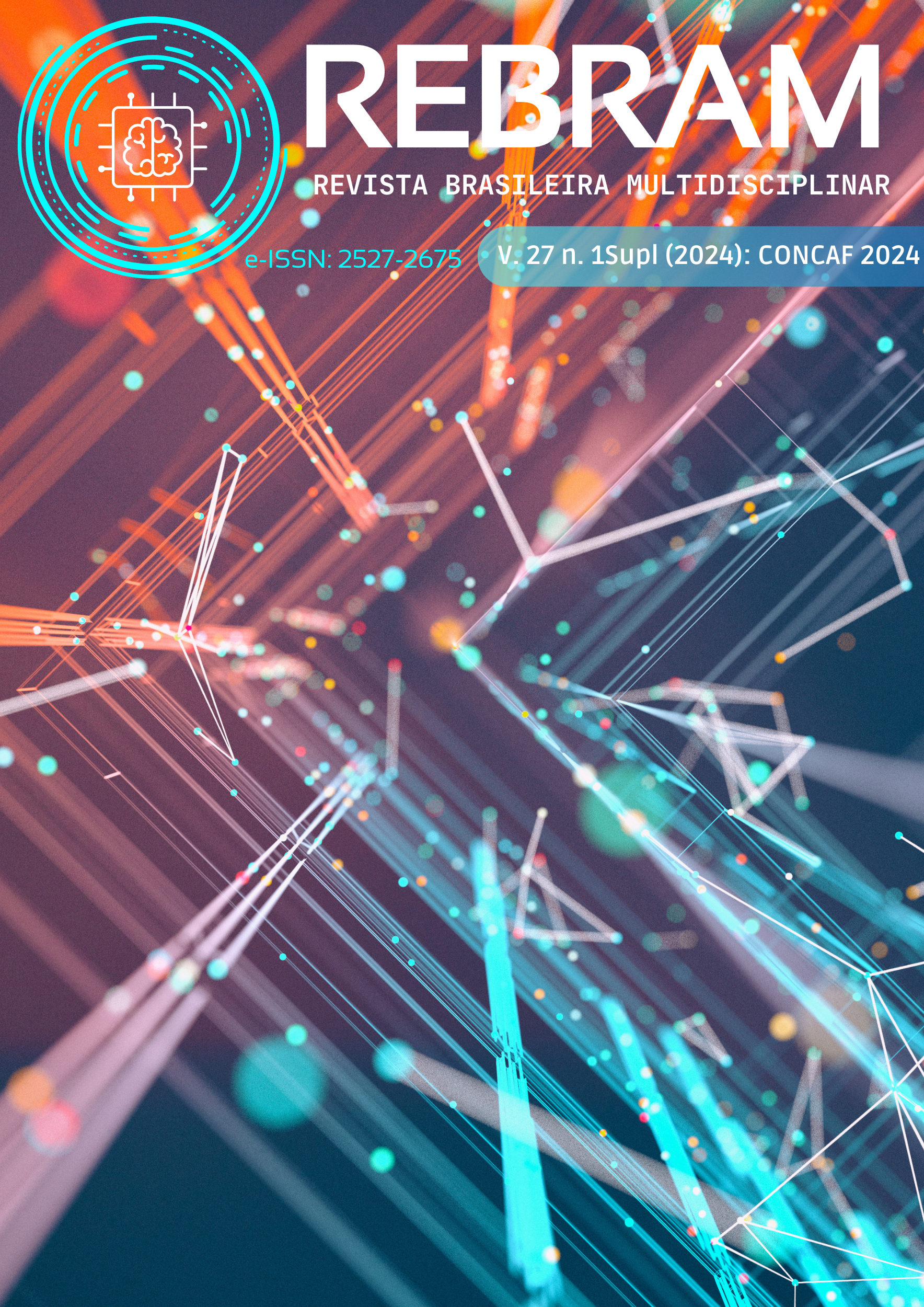A percepção de estudantes de Farmácia sobre o problema do escorpionismo no Brasil
Main Article Content
Abstract
In 2022, the Ministry of Health recorded 141,400 scorpion-related accidents in Brazil, including 1,500 severe cases that required hospitalization due to their gravity. The lack of information exposes the population, especially children and the elderly, emphasizing the need for immediate care to prevent complications. In this context, the study aimed to assess the level of knowledge among Pharmacy students at a Higher Education Institution in Rio Grande do Norte, Brazil, regarding scorpionism. Using an online questionnaire, 49 students (predominantly female and aged between 21 and 25 years) were interviewed. Although 93.9% had never been stung by scorpions, 61.7% knew someone who had experienced such an incident. Regarding immediate care, there was a lack of consensus, especially regarding the use of warm or cold compresses. Concerning the use of a tourniquet, 57.1% discouraged it, 10.2% would use it, 8.2% were undecided, and 24.5% could not respond. Regarding the application of substances to the lesion, 63.3% recommended water and soap, 20.4% preferred no application, 8.2% chose 70% alcohol, and 4.1% suggested anti-inflammatory ointments. The results indicate deficient knowledge about scorpionism, possibly due to the absence of specific disciplines, common across various health-related courses. Decision-making about initial care remains uncertain even among university students. Given the potential for complications in the absence of proper treatment, health education is crucial, especially for pharmacists, who play an essential role in community care and can guide the population correctly and effectively.
Downloads
Article Details

This work is licensed under a Creative Commons Attribution 4.0 International License.
• The author (s) warrant that the contribution is original and unpublished and that it is not in the process of being evaluated in other journal (s);
• The journal is not responsible for the opinions, ideas and concepts issued in the texts, as they are the sole responsibility of the author (s);
• Publishers have the right to make textual adjustments and to adapt the article to the rules of publication.
Authors retain the copyright and grant the journal the right of first publication, with the work simultaneously licensed under the Creative Commons Attribution License, which allows the sharing of work with acknowledgment of authorship and initial publication in this journal.
Authors are authorized to take additional contracts separately, for non-exclusive distribution of the version of the work published in this journal (eg publish in institutional repository or as book chapter), with acknowledgment of authorship and initial publication in this journal.
Authors are allowed and encouraged to publish and distribute their work online (eg in institutional repositories or on their personal page) at any point before or during the editorial process, as this can generate productive changes as well as increase the impact and citation of the published work (See The Effect of Free Access) at http://opcit.eprints.org/oacitation-biblio.html





